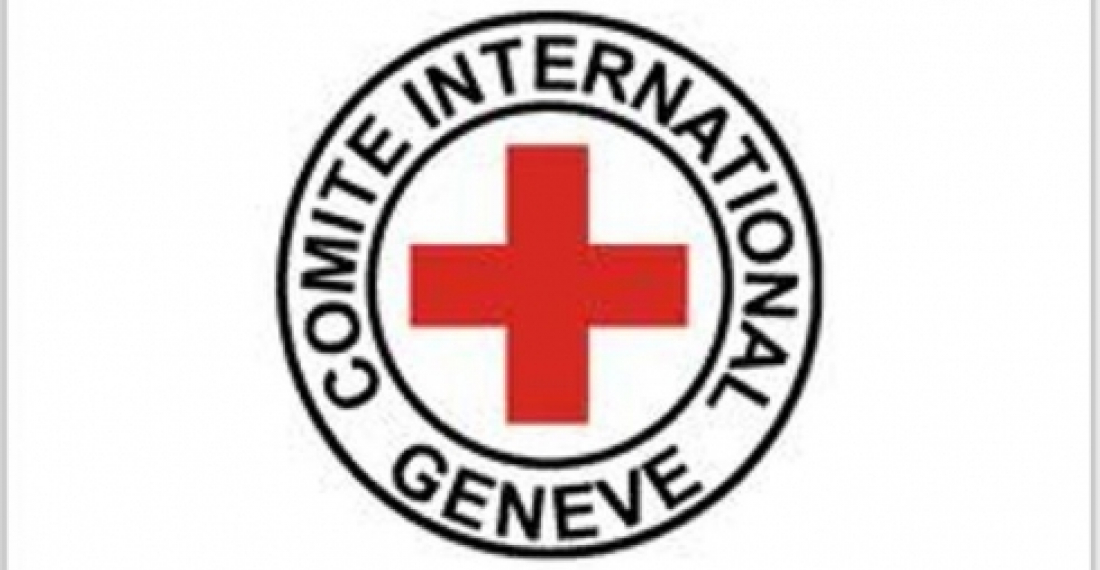Армения заявила, что отказывается предоставить статус "военнопленные" двум азербайджанцем, которые были пойманы во время совершения диверсий на территории, находящейся под контролем Армении.
Инцидент произошел в пятницу, когда армянская сторона заявила, что отразила вторжение Азербайджана в районе города Кельбаджара, территория, которая находится под оккупацией Армении с 1993 года, и что в результате операции пленила двух солдат. Впоследствии была продемонстрирована фотография азербайджанца в штатском, который заявляет, что является одним из взятых в плен. В понедельник армянские источники утверждали, что они захватили двоих азербайджанцев, которые принимали участие в операции. Они также предоставили подробную информацию о том, что произошло в пятницу, заявив, что трое азербайджанцев пытались проникнуть в район Кельбаджар, но их попытка была отбита. В результате инцидента был убит один из нападавших, и так же один армянский солдат. В отчете также говорится, что одна армянка была ранена в руку злоумышленниками, но эти обстоятельства пока остаются неясными.
В понедельник Министерство обороны Армении выступило с заявлением, в котором говорится, что задержанным лицам невозможно предоставить статус военнопленных, поскольку они не соответствуют критериям в рамках международного права, и, в частности, статье 4 Женевской конвенции о Лечение военнопленных, которая четко определяет круг лиц, которым может быть предоставлен статус военнопленных. В нем также сказано, что есть четкие доказательства того, что захваченные являются "преступной группой нанятой и используемой для своих целей властями Азербайджана." "Члены диверсионной группы не носили никаких опознавательных знаков. Они грубо нарушили законы и традиции войны, установленные международным правом, жестоко и бесчеловечно напали на гражданское население," говорится в заявлении. В заявлении Министерства обороны также говорится, что задержанным лицам будут предъявлены обвинения в нелегальном пересечении границы, убийстве и покушении на убийство.
Ситуация предоставляет серьезную угрозу для Международного Комитета Красного Креста (МККК), который за последние двадцать лет вел непрерывную деятельность по оказанию помощи военнопленным в нагорно-карабахском конфликте. МККК организовал ряд обмена пленными, и регулярно посещает военнопленных. МККК уважают и в Армении, и в Азербайджане из-за ее гуманитарной деятельности, но природа этого нового инцидента ставит перед ней сложную задачу. Чиновники этой организации понимают, что надо быть в контакте со сторонами по этому вопросу, хотя пока еще и не поступало никаких заявлении от организации.
источник: commonspace.eu по материалам агентств.






